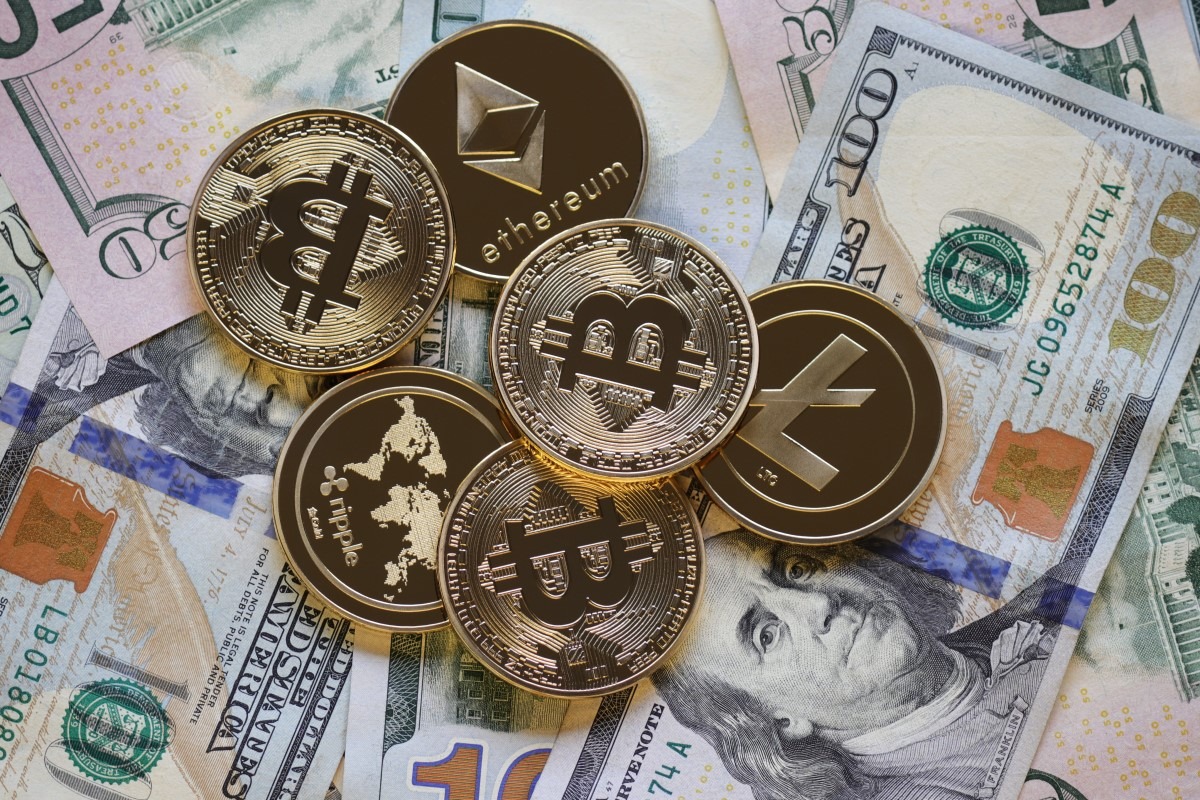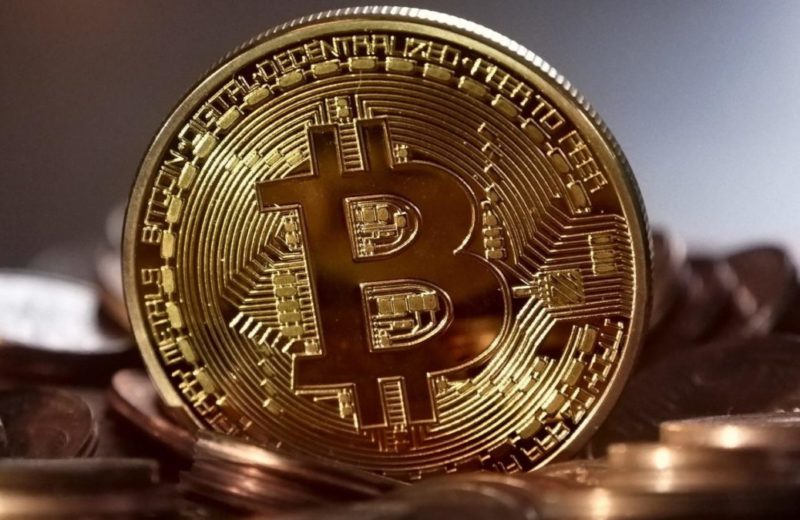Countries have begun lifting lockdowns around the world after a few long months of stay-at-home orders enforced due to the pandemic. However, the risk is still high, especially with new infection cases emerging every day. Despite that, governments are trying to find solutions to reopen businesses, schools, and other establishments. But there is no avoiding fears of coronavirus.
That’s why several blockchain companies are trying to help alleviate such concerns. They are developing blockchain-based digital identity solutions designed to help countries reopen safely.
Civic Technologies, a digital identity startup, recently entered a partnership with Circle Medical, an affiliate of San Francisco’s UCSF Health hospital. They want to enable companies with more than 500 employees to verify whether their workforce has had tests for coronavirus.
New partners call this solution, “Health Key by Civic”. Employers will see the results of each COVID-19 test taken by their employees using it. Furthermore, once we have a vaccine, employers will also be able to determine if their employees have received the treatment.
The Mediterranean Hospital of Cyprus also announced the deployment of a blockchain-based medical data management platform, “E-NewHealthLife.” VeChain and digital healthcare solution firm I-Dante developed this tracking platform to store COVID-19 test results.
How does it work?
As CyprusMail explained, the platform produces a digital health passport, which is an encrypted non-fungible card. Patients can use it to identify themselves automatically when registering at the hospital’s emergency room. The passport is within a mobile app – E-HCert. It keeps track of each patient’s medical data and they can share as needed.
Co-founder of the Blockchain Research Institute, Alex Tapscott, stated that proof-of-health solutions such as these are starting to play a major role. The virus has highlighted the potential for health data and identity management.
Tapscott also added that, while the pandemic has demonstrated the need for easy access to people’s private information, it also showed us the risks of going too far. Blockchain has emerged as a bridge between these wants. It allows people to easily access sensitive data while simultaneously protecting personal privacy.















